A Ph.D. in Dalit & minority studies is an interdisciplinary investigation of these issues. Founded in 1990, this program is dedicated to understanding and advancing the interests of the world's minority people. It includes courses on language, culture, social experiences, and other topics that are specific to these groups. A Ph.D. in Dalit / minority studies is ideal for researchers who are passionate about social injustices and underrepresented groups.
A Ph.D. in Dalit & minority studies is a Ph.D. in a discipline that focuses on the issues of marginalized groups. The study of Dalit & minority issues is crucial to addressing current issues in Indian society. A doctorate degree in Dalit / minority studies will allow you to apply to graduate school as an expert in the field. For instance, you can focus on the causes and effects of discrimination against minorities.
In this field, you will study the causes and conditions of the plight of Dalit and minority communities. You will conduct research on the role of caste, religion, and identity in society. In addition, you will be exposed to the history of Dalit & minority groups. You can also develop a practical approach to combat discrimination and empower marginalized communities in India.
Ph.D. in Dalit & Minorities Studies Eligibility
Candidates who want to take admission in Ph.D. must have a post-graduate degree in Dalit & Minorities Studies and its relevant discipline with at least 55% marks from a recognized university and must have passed the national level entrance examination or university level entrance examination. National level entrance exams like UGC NET / UGC CSIR NET / GATE / SLET or University entrance exams consist of written tests and personal interviews.
The Benefits of a Ph.D. in Dalit & Minorities Studies
A Ph.D. in Dalit & Minorities Studies can help you make a difference in the community. You can become a leader in the field and work to improve the lives of people who live in disadvantaged communities. The field of Dalit anthropology has recently gained momentum and has begun to attract attention from researchers, politicians, and corporate executives. The field is primarily a social science and is based in the U.S. but is rapidly growing in the rest of the world.
The Dalit community has made great strides in the scientific community, and in the field of human rights. However, the progress has been sluggish. It is difficult for a Dalit researcher to break through the walls of traditional science and technology. It takes time to build a network of supporters. It is important to seek out mentors who have worked with students in the field.
The Dalit community's voice and history are critical to the advancement of science and research. Many scientists in the field feel excluded from the academy and are working to change that. In fact, many professors in the field are members of marginalized communities themselves. And it can be hard to get the resources you need to complete your doctorate. Nevertheless, pursuing a Ph.D. in Dalit & Majorities Studies can help you to change your world.
The Career Opportunities of a Ph.D. in Dalit and Minorities Studies
A Ph.D. in Dalit & Minorities Studies is highly valued and can lead to a range of career options, from academic research to government service. It can also lead to publication in peer-reviewed journals. The research that a doctoral degree in Dalit / minority studies can yield can be particularly valuable. The field of study is broad, and there are countless opportunities for advancement.
For instance, a Ph.D. in Dalit & Majorities Studies can lead to a range of positions in government and non-government organizations. Some Dalit scholars have been involved in social movements, including the creation of the Indian Institute of Dalit and Minorities Studies. Founders of the Dalit National Alliance and other minority-focused organizations have a rich history of activism, and many have been honored by the Indian government.
Those interested in Dalit & Minorities Studies may want to focus on the history of caste in India. The field has the potential to alter South Asian studies forever. It has recently become recognized in academia as an important philosopher and social scientist, and the rise of minority-oriented organizations in the United States and other countries has only sparked this interest. When it comes to sexism, the field is incredibly diverse and can be a great fit for individuals who are interested in understanding society.
The Future Scope of Ph.D. in Dalit and Minorities Studies
The study of Dalits and minorities can significantly change the way India and South Asia are understood. Work of Ambedkar has recently been recognized as a social scientist and philosopher by Indian academicians. This rise in interest has taken place across academia, especially in the United States. However, the scope of this field of study has not yet reached the same heights that it has in the United States and Europe.
The discipline was established in 1990 after the Bahujan Samaj Party rose to power in the northern Indian state of Uttar Pradesh. It has an extensive history of research and offers courses on the language and social experiences of minority groups. It also aims to educate the next generation of researchers in the field of minority rights. With the growing demand for such studies, it's easy to see why it's a popular Ph.D. concentration.
The field of Dalit & Minorities Studies is an interdisciplinary study of minority groups. It was established in 1990 and has grown significantly since then. Today, Ph.D. programs in the field focus on various issues that affect minority groups. Depending on the program you choose, you can focus on language and social experiences, or even minority politics. A doctorate in this field will be valuable to the development of society.
Ph.D. Research Programme duration
The Ph.D. in Dalit & Minorities Studies course is a minimum of 3 years and a maximum of 5 duration. This depends on the university offering the course.
Fees for research program for Dalit & Minorities Studies
The average fee for Ph.D. in Dalit & Minorities Studies degree is between INR 50000 and INR 500000.
 5 Years
5 Years
 PhD
PhD
 Research
Research







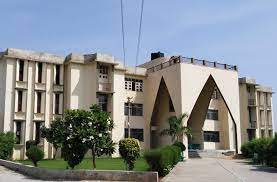






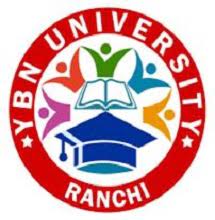
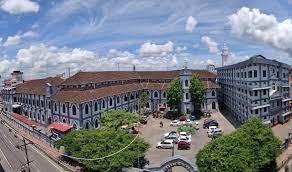
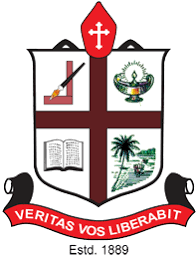
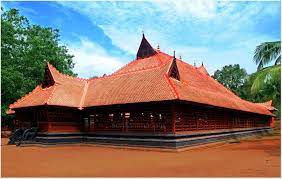
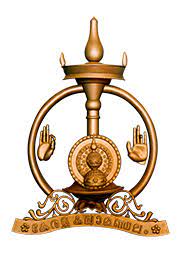

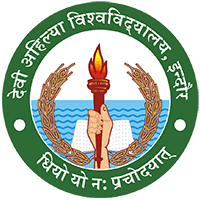
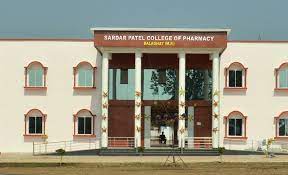

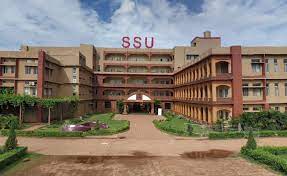
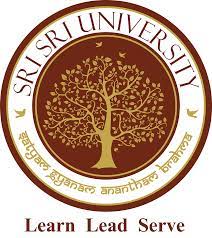



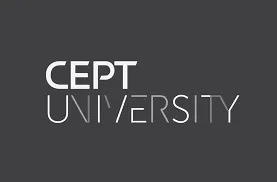




 back
back